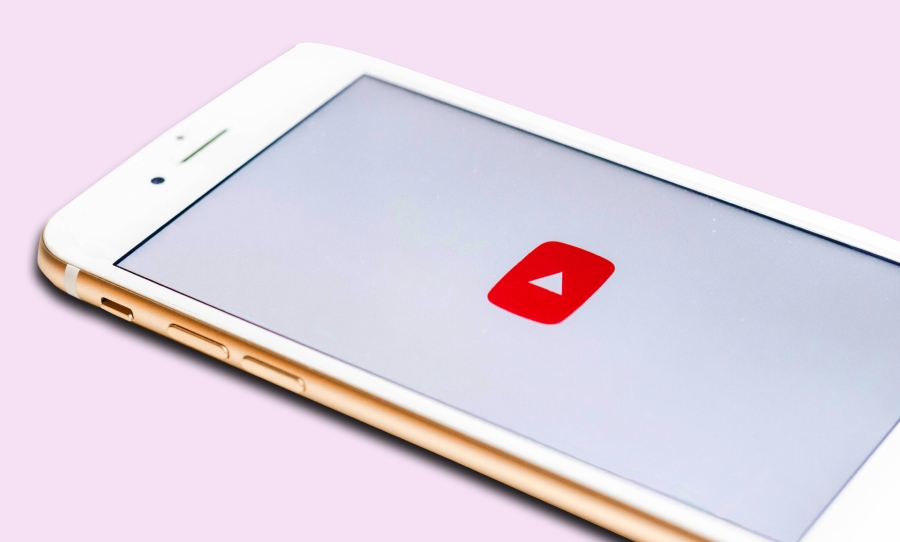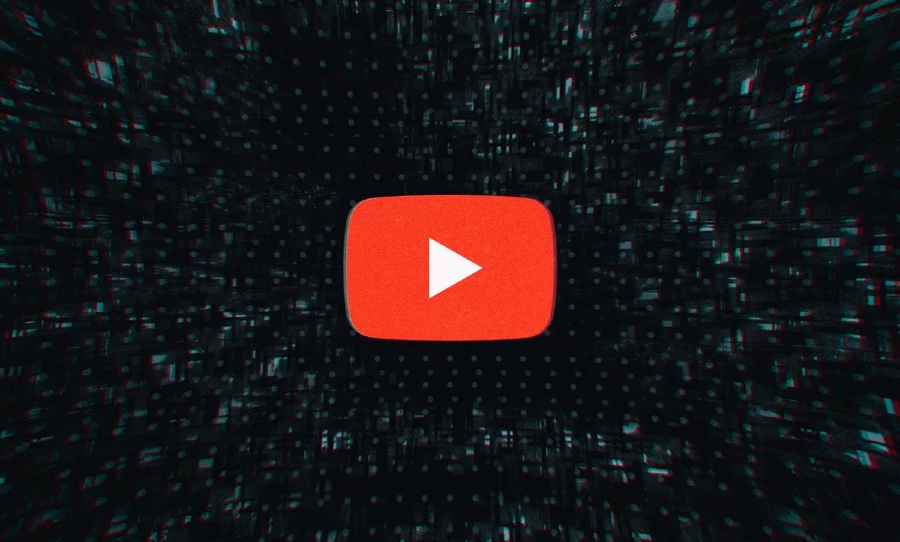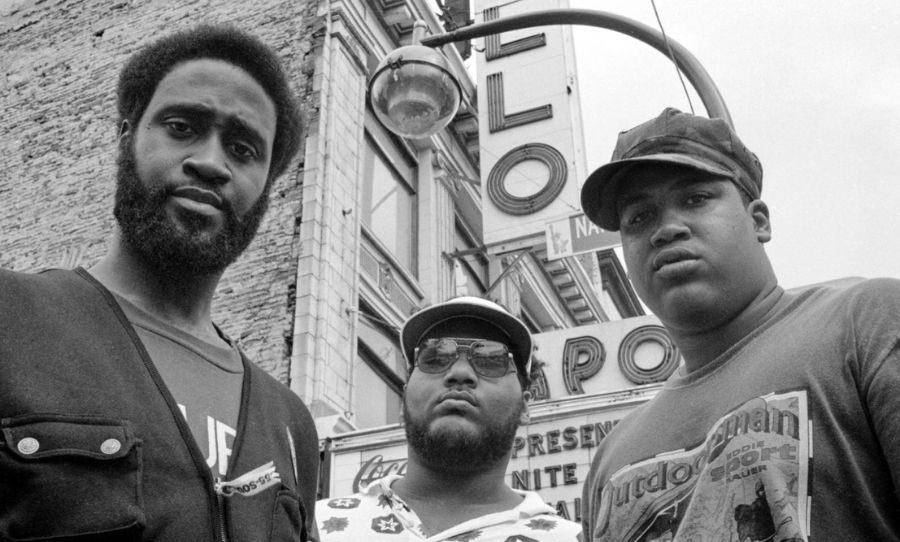YouTube has announced that they are considering hiding the ‘dislike’ button counter, under the rationale it will protect ‘content creators’. We explore which kind of content creators they are likely referring to.
YouTube has announced that they have been exploring options to hide the ‘dislike’ button counter that currently appears on each video. This feature has been around since 2010, but has become of greater significance in recent years.
In the age of viral internet protests and cancel culture, YouTube content creators and posters are more vulnerable than ever to visible disapproval. Or rather, it’s that they are more at the mercy of it. As more and more people have monetised their content, to the point that they rely on it as their sole source of income, the stakes of being viewed negatively have become greater.
👍👎 In response to creator feedback around well-being and targeted dislike campaigns, we're testing a few new designs that don't show the public dislike count. If you're part of this small experiment, you might spot one of these designs in the coming weeks (example below!). pic.twitter.com/aemrIcnrbx
— YouTube (@YouTube) March 30, 2021
The effects on individual content creators
However, while this phenomenon has undoubtedly become more extreme in recent years it isn’t new. To grow a channel on YouTube you need to find an audience that approves of your material. The number that disapproves is of less consequence to most individual content creators.
Take YouTube influencer Logan Paul for example. The dude is probably more despised than liked, but those that do like him passionately follow him. Any controversy that he creates only helps him grow his fanbase, even if he is only converting 1% of those that view his antics. Logan Paul doesn’t care about receiving 1 billion dislikes if he got 1.1 billion views.

The reason for this is that he is selling himself. He is his own product, and as long as he is selling he doesn’t care what the consensus on him is. This is largely true of all individual content creators. Controversy is an integral part of many of their sales equations.
The effects on larger content creators
Larger media companies are a different matter altogether, mostly because they are selling something other than themselves. The prolonged negativity surrounding the Call of Duty franchise illustrates this point well. Publisher EA wants Call of Duty to be well received because positivity begets hype, which they believe will translate into greater sales for them. When negativity overtakes hype they believe, for good reason, it will have the opposite effect.
In 2016, Call of Duty: Infinite War trailers posted on YouTube went viral for all the wrong reasons. Fans were unhappy with the direction the series was pivoting towards and chose to voice their dissatisfaction. Currently, its official reveal trailer has almost 4 million dislikes, compared to its 636 thousand likes. The game went on to be a financial disappointment, selling far fewer copies than initially expected.
I think you can see where I am going with this. EA would have loved to make that show of dissent invisible.
However, to do so would be to jeopardise the integrity of YouTube, and take a great deal of power away from the userbase. To remove user’s ability to see that data is to manipulate their response; unless they want to do away with having visible views, dislikes and likes altogether. To do that would be brave and democratising, although probably a bit chaotic and obtuse. To do what they are considering would be trending towards fascism.



